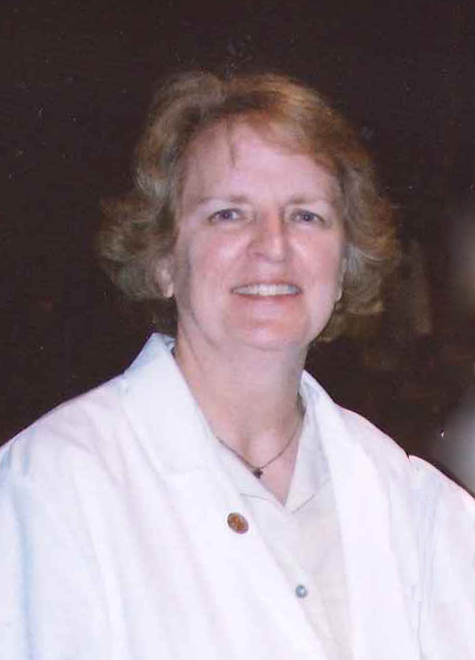Degrees
B.A. - 1969
St. Louis University
PhD - 1977
University of Missouri
Research Interests
Teaching Activities
Area of Expertise:
Cardiovascular Physiology
Course Directorship:
INTER 131 and 132 and PHTH 7121 and 7122 - Biological Systems A and B;
PHYSIO 205 - Basic Physiology
Course Co- Directorship:
PHYSIO 100 - Medical Physiology
Selected Publications
McDonough, K. H. and J. I. Virag. Sepsis induced myocardial dysfunction and myocardial protection from ischemia/reperfusion injury. Frontiers in Bioscience, 1:11- 32, 2006
Davis -Jackson R.M. , H Correa, R Horswell, H Sadowska- Krowicka, K McDonough, C Debata, R Gardner and D . Penn. Antithrom bin III (AT) and recombinant tissue plasminogen activator (R -TPA) used singly and in combination versus supportive care for treatment of endotoxin- induced disseminated intravascular coagulation (DIC) in the neonatal pig. Thrombosis Journal 4:7 2006.
Molina MF, A Whitaker, Molina PE, and McDonough KH: Alcohol does not modulate the augmented acetylcholine- induced vasodilatory response in hemorrhaged rodents. Shock 32:601- 607, 2009.
McDonough KH, Swafford A, Giaimo M, and Miller H: Mode of ethanol administrat ion influences the severity of hemorrhage induced lactic acidemia in conscious guinea pigs. J. Cardiovascular Pharmacology 56:234- 240, 2010.
McDonough K. H., C. Doumen, M. Giaimo and O. Prakash. Effects of the HIV -1 protein Tat on myocardial function and response to endotoxin. Cardiovascular Toxicology 10:250- 258, 2010.
English R, Edwards S, Armstrong M, McDonough K, Molina P. Alcohol Use Disorder: An Interprofessional Case- Based Exercise. MedEdPORTAL; Available from: www.mededportal.org/publication/9916 2014 .
Polhemus, D.J., Gao J. Scarborough A.L., Trivedi R., McDonough K.H., Goodchild T.T., Smart F., Kapusta D.R., and Lefer D.L. Radiofrequency renal denervation protects the ischemic heart via inhibition of GRK2 and increased nitric oxide signaling. Circ. Res. 119(3):470- 80 2016

 myLSUHSC
myLSUHSC